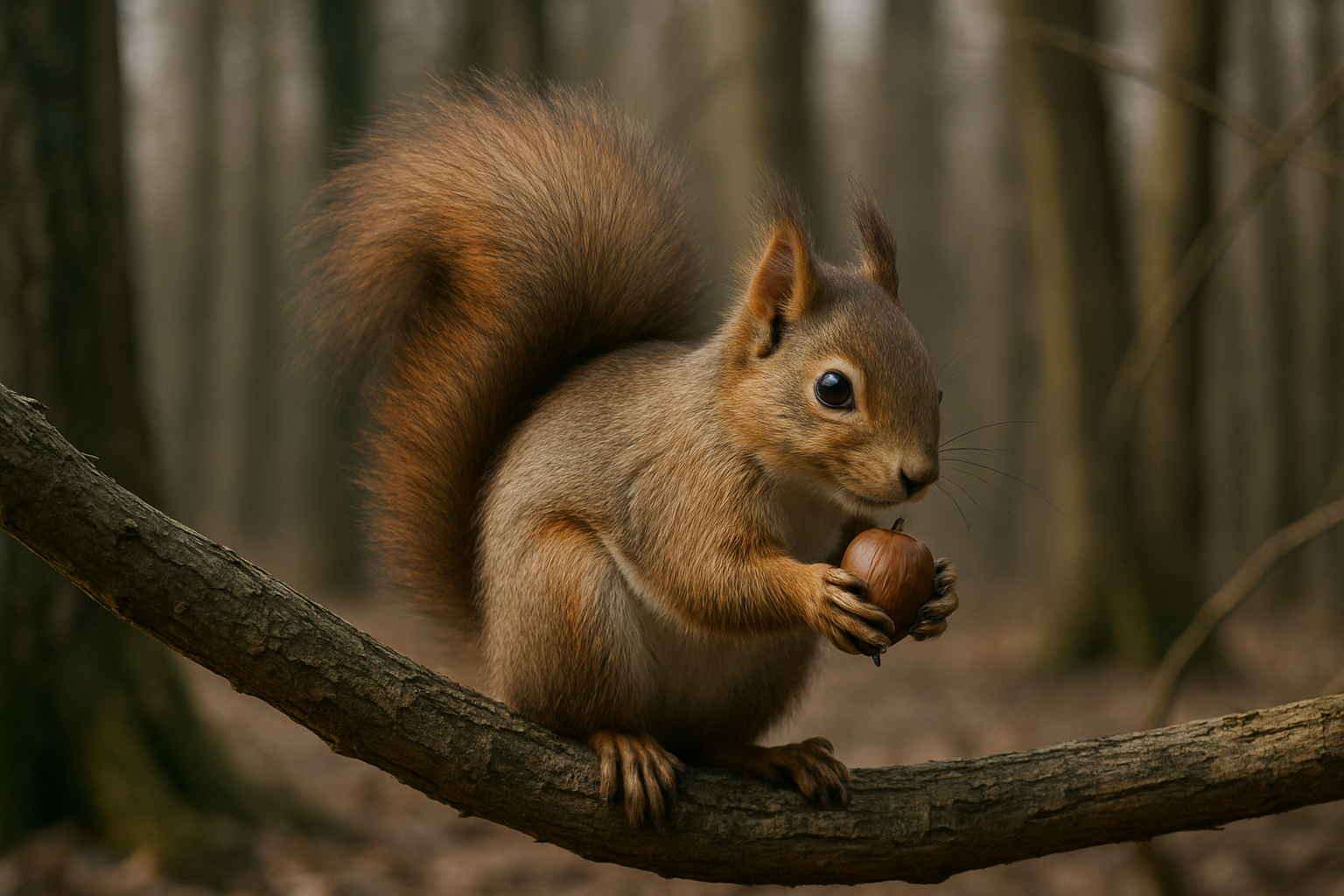Decoding the Secret Life of Squirrels: Intriguing Insights into Their Behavior and Lifestyle
Squirrels are far more than just adorable, nut-gathering creatures. They are complex animals with fascinating behaviors, ranging from their intricate methods of communication to their problem-solving skills. This article delves into the captivating world of squirrels, offering unique insights into their habits, lifestyles, and the role they play in the ecosystem.

The Unseen History of Squirrels
Believe it or not, squirrels have a rich history that dates back to around 40 million years ago. Originating in North America, these mammals have since spread across the globe, adapting to various environments and climates. Evolution has led to around 200 different species of squirrels, each with unique characteristics and behaviors. Their ability to thrive in diverse habitats and conditions is a testament to their versatility and resilience.
Unraveling the Mystery of Squirrel Communication
Squirrels possess a complex communication system that involves a combination of vocalizations, tail signals, and scent marking. Their vocabulary includes various chirps, squeaks, and barks, each carrying a specific message. For instance, a series of rapid tail flicks accompanied by high-pitched squeaks is a warning signal to other squirrels about an approaching predator. Understanding these intricate communication methods gives us a deeper insight into the social dynamics of these creatures.
Squirrels and Their Ingenious Survival Techniques
Squirrels are renowned for their ability to survive and thrive in challenging environments. Their knack for problem-solving is most evident in their food gathering and storage techniques. Squirrels practice an impressive method called ‘scatter hoarding,’ where they bury their food in multiple locations and retrieve it later, even under a blanket of snow. This behavior not only ensures their survival during winter but also contributes to forest regeneration, as forgotten acorns often sprout into new trees.
The Great Squirrel Migration – A Current Phenomenon
Recently, a fascinating event has captured the attention of wildlife enthusiasts and scientists alike - the mass migration of squirrels. In certain years, particularly when food sources are scarce, squirrels embark on large-scale migrations in search of sustenance. This behavior underscores their adaptability and determination to survive.
Economic Impacts of Squirrels – A Double-Edged Sword
Squirrels play a significant role in the economy, both positive and negative. On one hand, they contribute to forest health and regeneration, which directly impacts industries like timber and ecotourism. On the other hand, they can cause substantial damage to residential areas and crops, leading to economic losses. Experts estimate the damage caused by squirrels to be in the millions annually.
In conclusion, squirrels are intriguing creatures with complex behaviors and significant ecological roles. Despite their occasional nuisance to humans, their contributions to the environment and the insights they offer into animal behavior make them a fascinating subject of study. By understanding and appreciating these creatures, we can learn to coexist harmoniously with them in our shared habitats.





